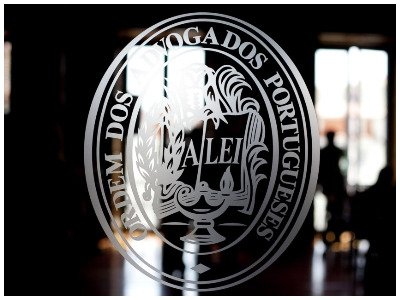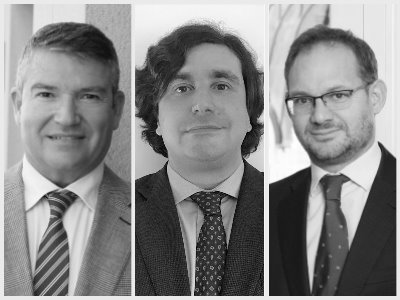Magic Triangle firms welcome white-collar crime Bar regulation

The new white-collar crime regulation, recently announced by the Portuguese Bar Association, has just confirmed control practices that law firms contacted by Iberian Lawyer have established for a long time

The new regulation, devoted to the control on money laundering and anti-terrorist financing and approved last week by the Portuguese Bar Association, just confirms the control practices that law firms have been developing for the last years.
Answering to Iberian Lawyer, VdA explains that they “have had a general counsel for several years now, a fully autonomous and independent lawyer dedicated to Compliance, whose duties include ensuring the performance of the anti-money laundering and anti-terrorist financing obligations incumbent upon the firm’s lawyers.”
This firm also explains that this position is not just a matter of control, but training and investment: “The lawyer in question specialises in this field and is responsible for implementing anti-money laundering and anti-terrorist financing policies, procedures and training at the firm, in line with best international practice. Over the years, the position of general counsel has been complemented by specific training and a substantial investment in sophisticated tools and technical resources to support the continued performance of these duties.”
PLMJ, also contacted by Iberian Lawyer, expresses a very similar reading of the situation: “We believe that the approval of the regulation will not imply, neither for the largest Portuguese firms, nor for the international firms established in Portugal, a major change.” And helps us understand why this is just a regulatory confirmation, not a big change: “Although Law 83/2017, of August 18, on measures to prevent money laundering and terrorist financing, establishes a specific regulatory framework for legal professions (which, of course, includes lawyers) , the Bar Association has only now managed to make and approve the regulation at its General Meeting (a little more than a year ago it already tried to pass the regulation, but was not approved in the General Board of the Bar Association).
At PLMJ, after the approval of the Law in 2017, they already took the necessary measures to control it. “Since the beginning of 2018, at PLMJ we have appointed a person responsible for Compliance – the general counsel & head of Compliance – who has implemented the entire internal Compliance system, already in accordance with the Fifth Directive on the prevention of money laundering and the financing of terrorism. With the publication of the Bar Association regulation, there will be minimal adjustments in our procedures.”
Morais Leitão shows a very similar view on the matter, as Compliance partner Rui Patricio explains: “The Law of 2017 provides for a Regulatory order on this issue, and it is within this framework that the regulation arises. We do not, of course, comment on matters relating to the Bar Association or other law firms. As for ours, ML has long had these matters very much in mind, in its culture and practice, whether considered in themselves or in a global Compliance framework. In addition to the responsibility of each lawyer and of the company’s management bodies, before the 2017 Law, the company had mechanisms to prevent laundering and terrorist financing, which it has always applied and developed, and with a broader scope than that strictly imposed by the wording of the law, for reasons of Compliance culture. Even before these Bar Association regulations, the firm had, in addition to a member of its Board directly responsible for these matters, lawyers assigned to the functions in question, and even a commission to monitor these matters within the firm and each lawyer. What the Bar Association’s rules stipulate have therefore already been in force in the firm for some time.”












